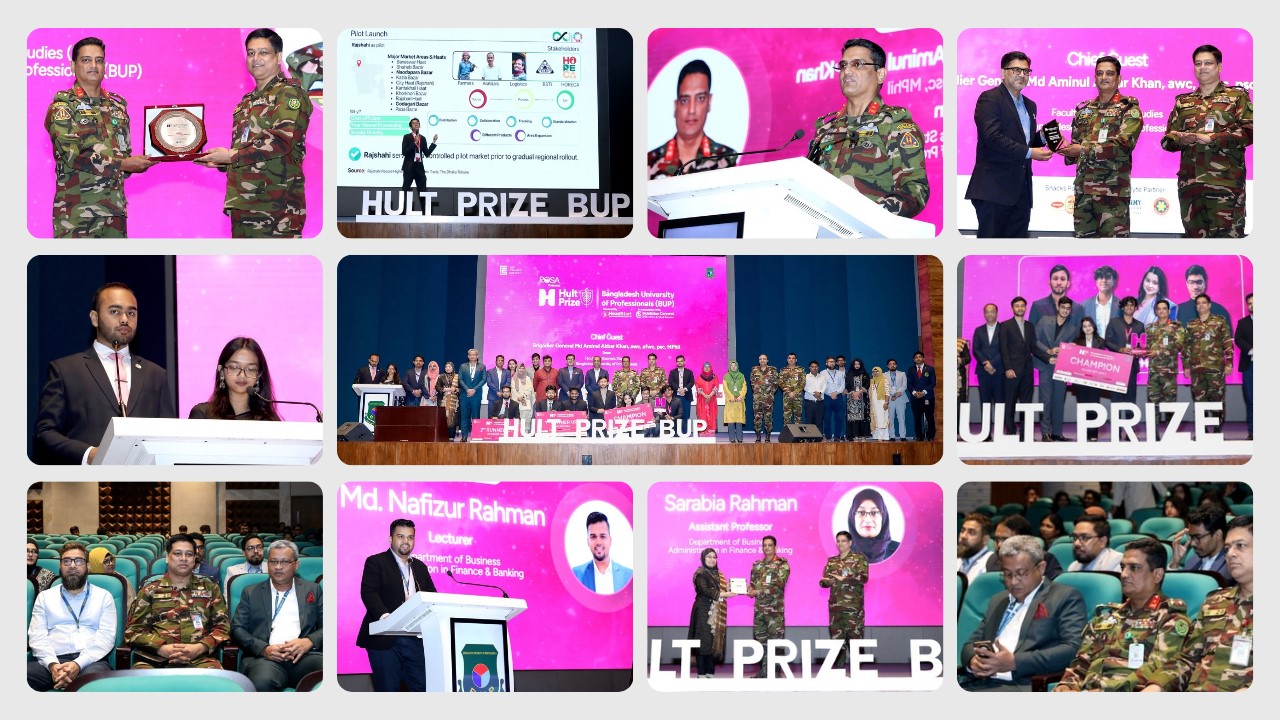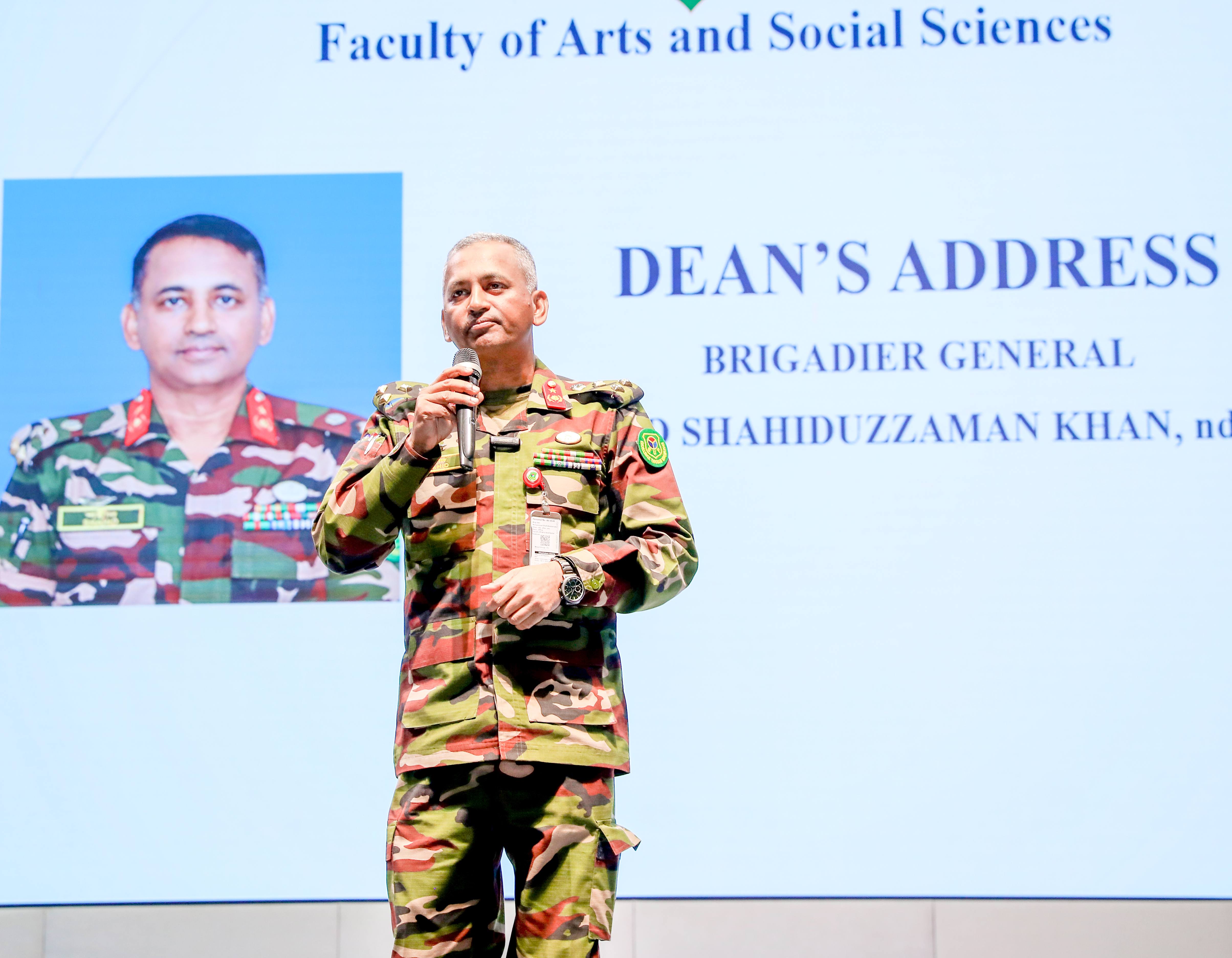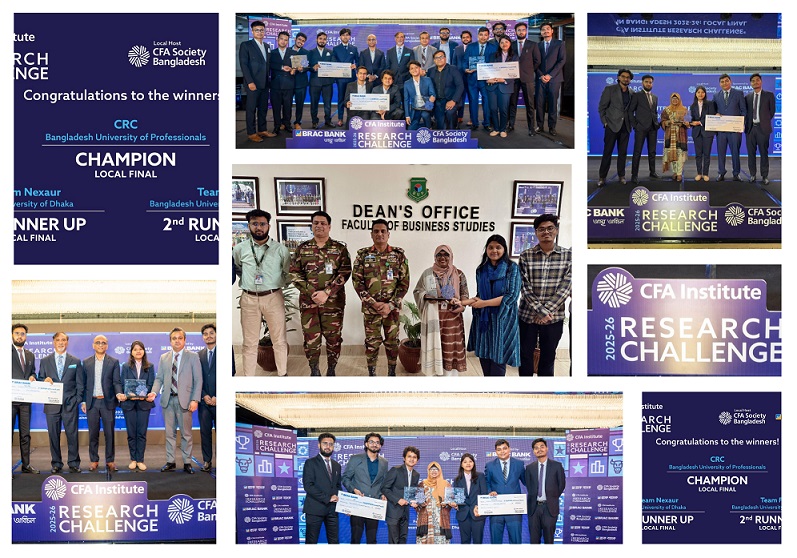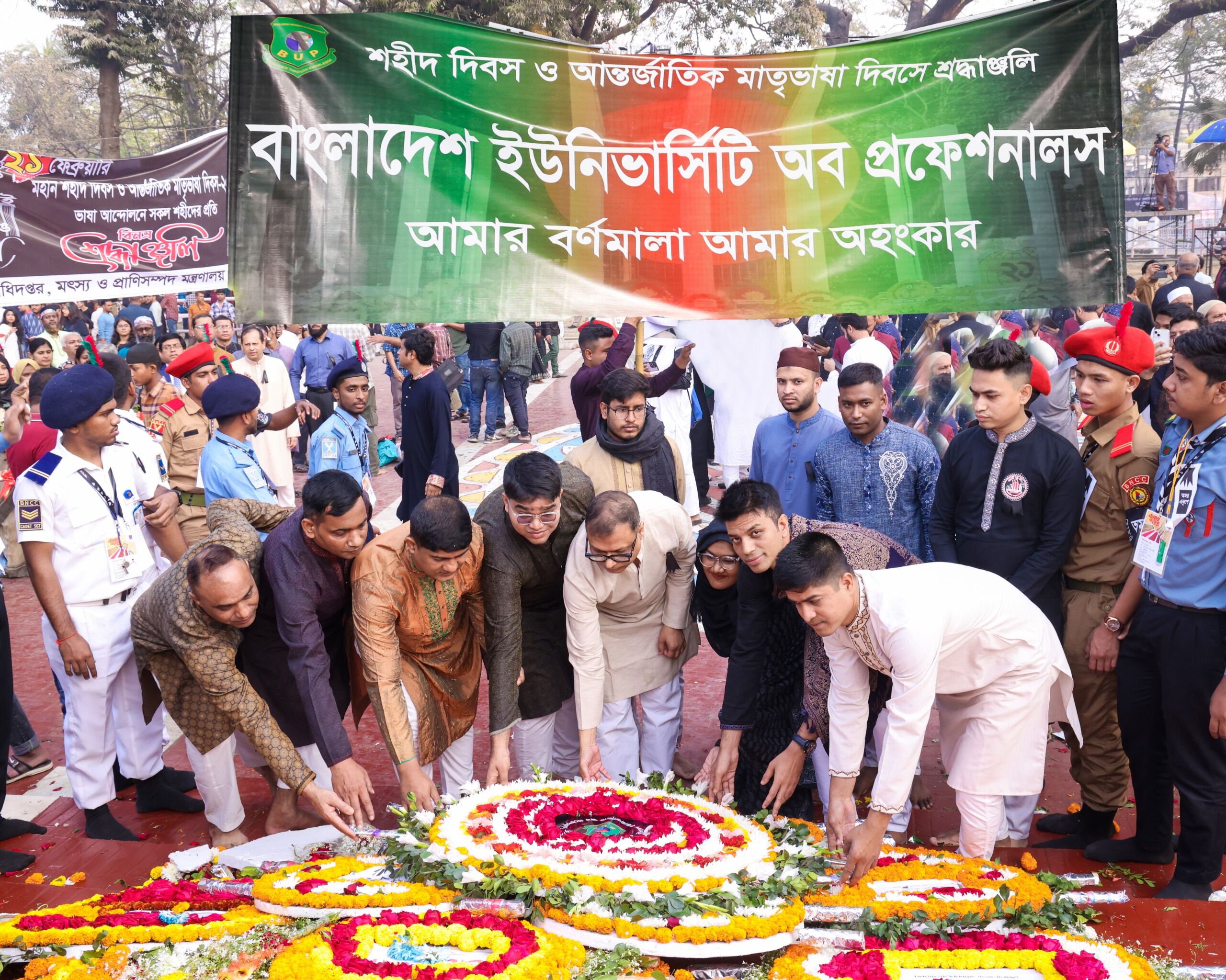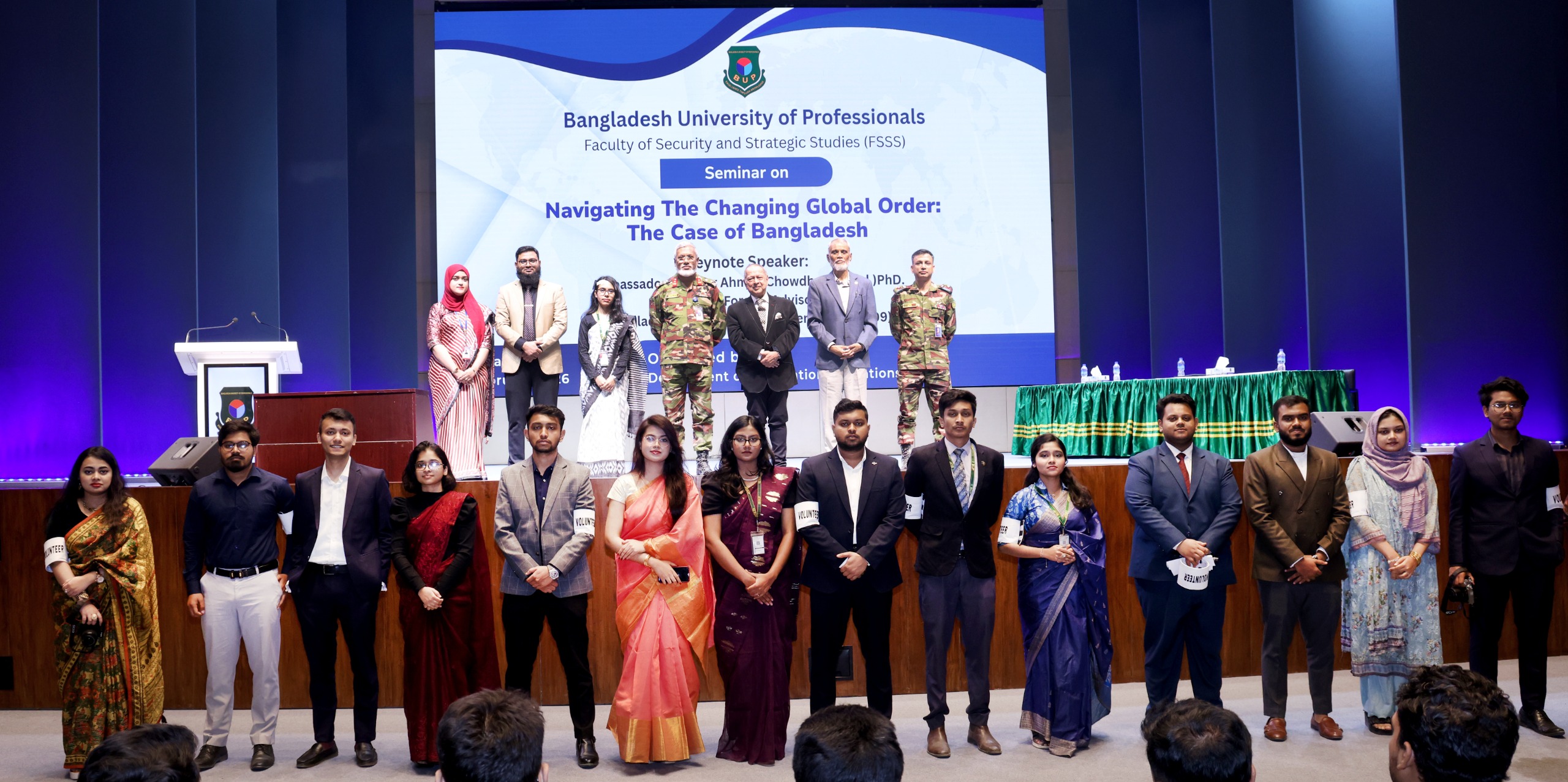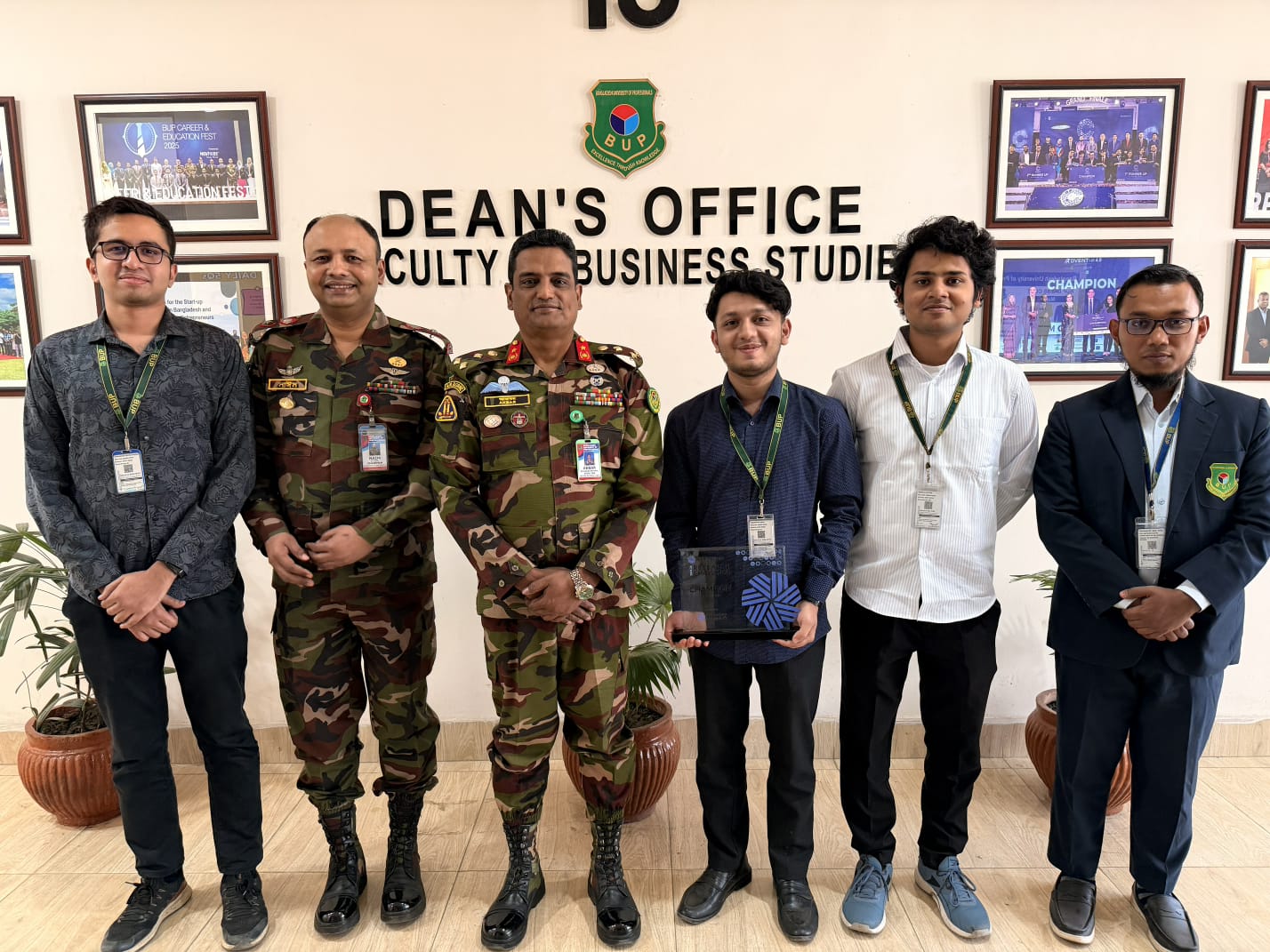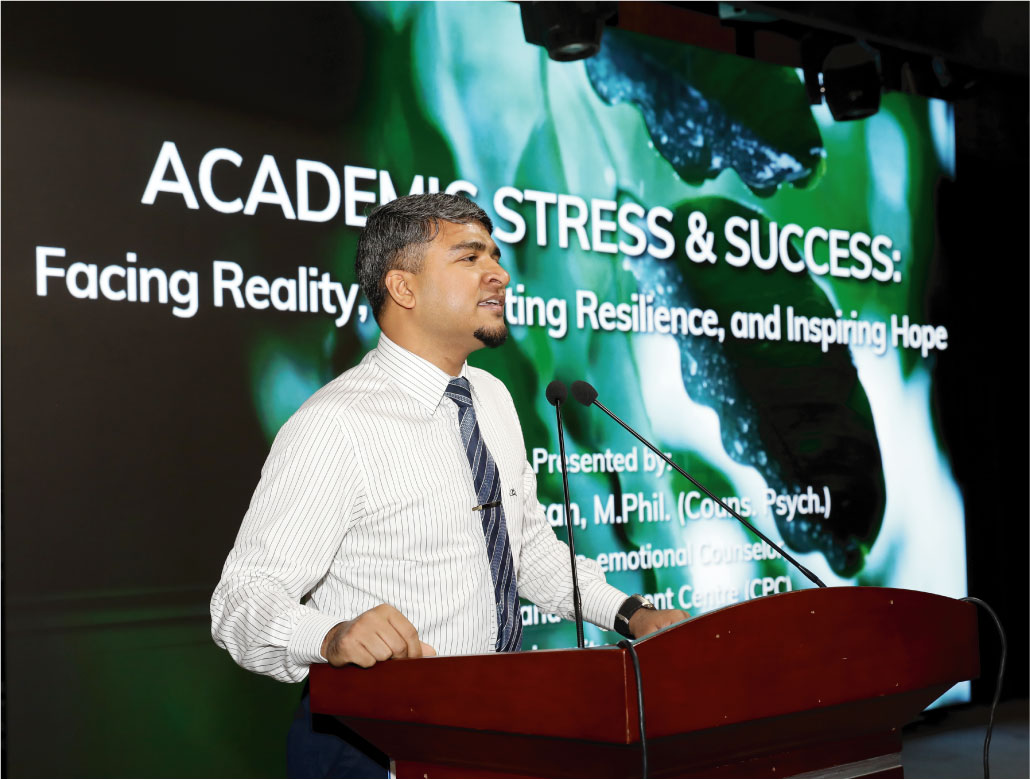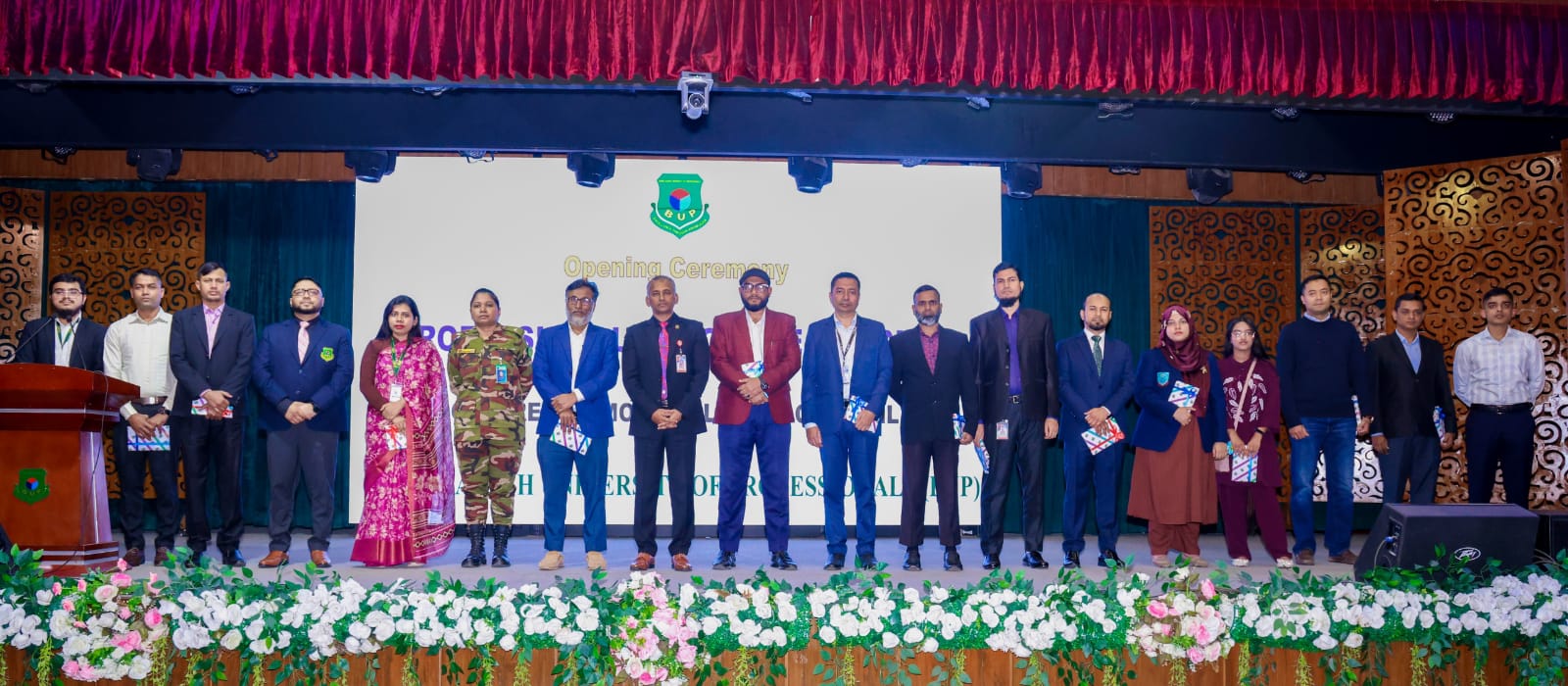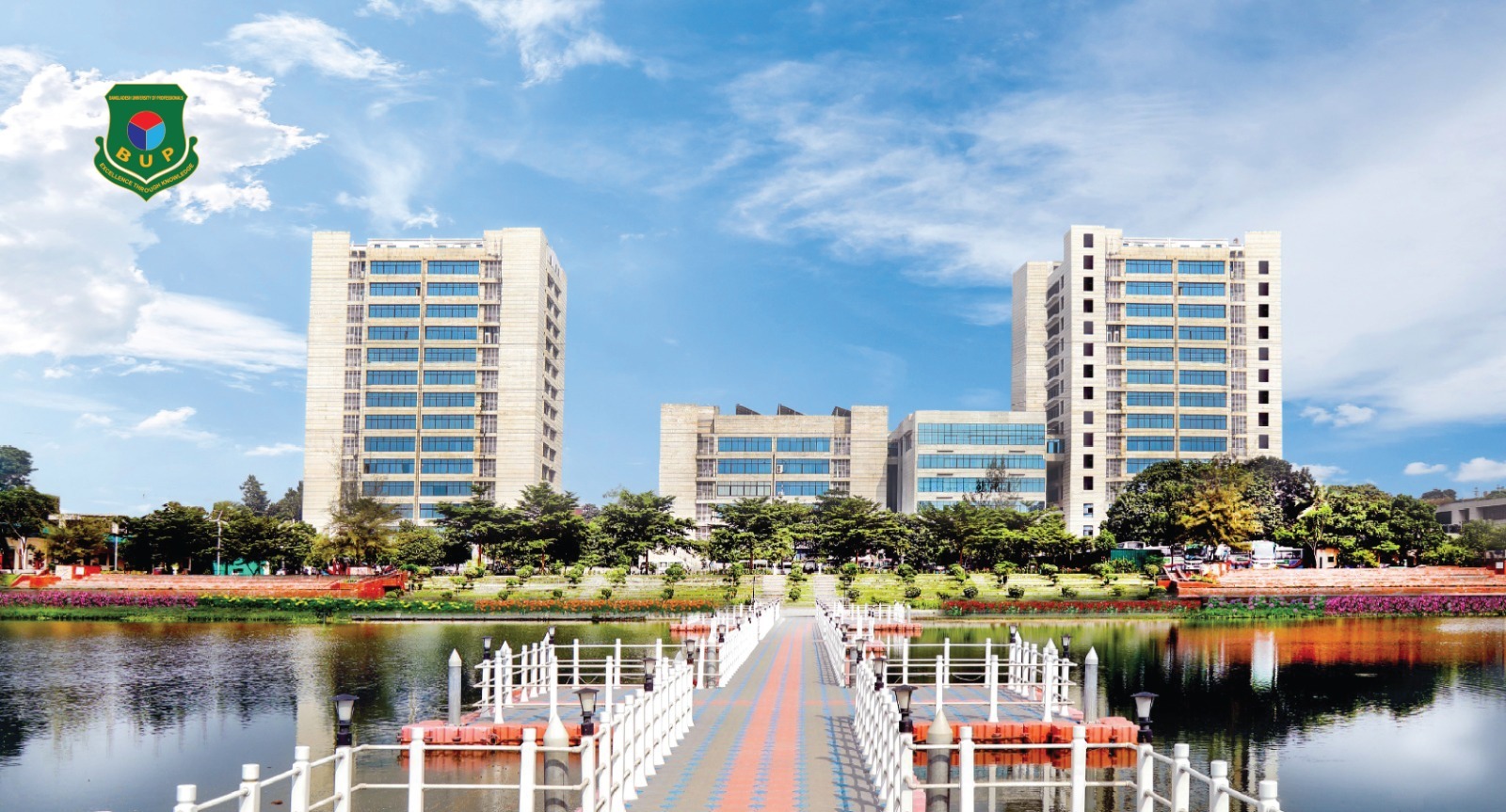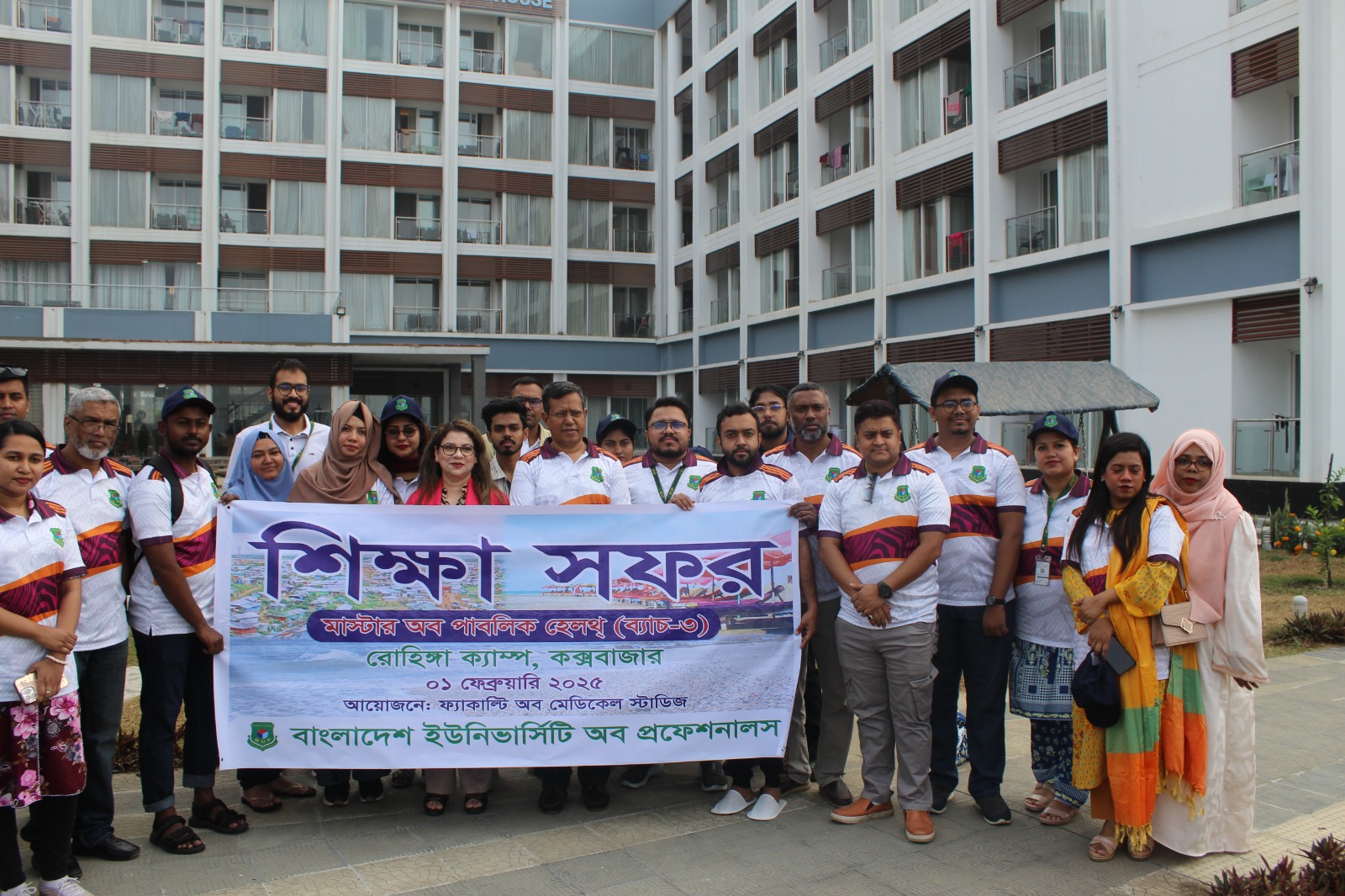
Field Visit of MPH Batch-3 to Rohingya Refugee Camp in Cox’s Bazar
01 Feb 2025
DownloadField Visit of MPH Batch-3 to Rohingya Refugee Camp in Cox’s Bazar
On January 30, 2025, the Faculty of Medical Studies organized a field visit for the Master of Public Health (MPH) Batch-3 students to the Kutupalong Rohingya Refugee Camp in Cox’s Bazar, Bangladesh. The visit aimed to provide students with firsthand insights into the healthcare facilities, services, infrastructure, and living conditions of the Rohingya refugee community. The trip was led by the Faculty Dean, Brig. Gen. Mizanur Rahman Khan, and supported by program coordinators and 37 MPH students.
The Rohingya refugee crisis, which escalated in 2017, has resulted in nearly one million Rohingya refugees seeking shelter in Cox’s Bazar, Bangladesh. Approximately 80% of the refugees reside in Ukhiya Upazila, home to the Kutupalong refugee camp, the largest refugee settlement in the world. The camp faces significant challenges, including overcrowding, limited healthcare resources, and inadequate infrastructure. The visit focused on understanding the healthcare services provided to this vulnerable population, particularly through Hope Field Hospital.
The Hope Foundation was one of the first organizations to respond to the medical needs of over one million Rohingya refugees in Cox’s Bazar. Initially providing services through mobile health clinics, the foundation has since established the Hope Field Hospital for Women, the only field hospital in the region focused exclusively on women's health. The hospital offers 24/7 obstetric emergency care, neonatal care, and infection control and treatment, making it a critical facility for addressing the unique health challenges faced by Rohingya women and children.
In addition to healthcare services, the Hope Foundation has also prioritized the physical and mental well-being of Rohingya children. In December 2021, the foundation opened a Sports Playground near the Hope Field Hospital for Women. This initiative aims to provide a safe space for children to engage in physical activities, fostering their mental and emotional health while promoting a sense of normalcy in the challenging environment of the refugee camps.
Initially Hope Field Hospital has 40-bed facility that has been a lifeline for thousands of refugees, particularly women and children. It has treated upwards of 300 patients daily, with a significant focus on maternal health. There are currently 300 beds in this area to treat 2 million people living in Cox’s Bazar.
The Hope Foundation for Women and Children of Bangladesh was established in 1999 by Dr. Iftikher Mahmood, a Bangladeshi-American pediatrician, with the goal of serving those most in need. Bangladesh has historically faced extremely high maternal, infant, and child mortality rates, many of which could be prevented through mass education programs on preventative health, early intervention, and basic treatment. Dr. Mahmood envisioned the Hope Foundation as a means to make a profound impact on the lives of vulnerable populations, particularly women and children, by providing services to those who could not otherwise afford them. The foundation initially focused on addressing maternal and child health issues in the local Bangladeshi population. However, with the arrival of nearly one million Rohingya refugees in Cox’s Bazar in 2017, the foundation expanded its efforts to respond to the urgent needs of this persecuted community.

